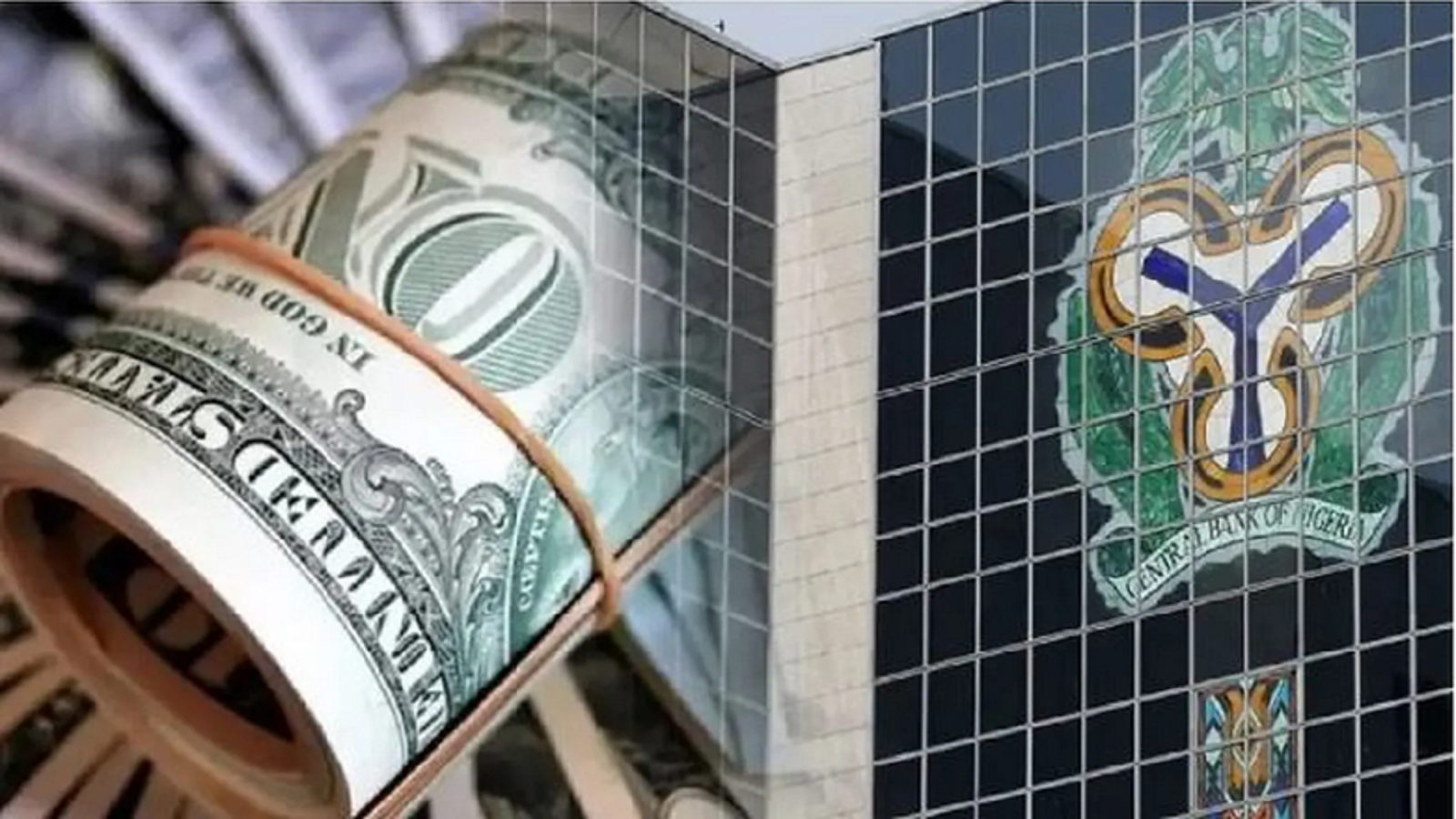The naira maintained its record low as the US dollar fluctuated in a narrow range.
Newsonline Nigeria reports that the US dollar fluctuated in a narrow range on Tuesday as traders took stock of developments in the Middle East and braced for a series of speeches from U.S. Fed officials this week, while the naira held steady at the black market.
This Nigeria news platform understands that in the early hours of Tuesday, the naira was trading at N1,040/$ in the P2P market and $1,050/$ in the black market.
ALSO: Daily Black Market Dollar To Naira Exchange Rate Tracker, 17 October 2023
Meanwhile, Newsonline Nigeria had earlier reported that the International Monetary Fund said the naira is currently under pressure, and Nigeria is free to seek a loan from the Fund to stabilise the currency if it considers this a good option.
However, the Washington-based lender noted that the recent foreign exchange reforms and other measures taken by Nigerian authorities were appropriate.
The multinational financial agency also added that federal authorities should urgently tighten monetary policy and take measures to ensure that the market maintains full confidence in the CBN.
Tightening monetary policy will need to include raising monetary policy rates and eliminating excess naira liquidity.
Consequently, the dollar index, which measures the US currency against its six major rivals, rose 0.1% to 106.3 after falling 0.36% on Monday.
Investors’ attention will be on US Federal Reserve Chairman Jerome Powell, who will speak on Thursday in a busy week of speeches from regional bankers.
Fed officials will enter a pause period on October 21 before the October 31–November 31 period. 1 meeting. Philadelphia Federal Reserve President Patrick Harker said Monday that the central bank should not create new pressure on the economy by increasing borrowing costs.
Higher interest rates for longer, the relative resilience of US growth, and concerns about broader conflict are some of the factors that could support the dollar and spell more trouble for the naira.
The CBN said it is committed to accelerating efforts to resolve the foreign exchange backlog with existing players and will continue dialogue with stakeholders to resolve the issue.
The central bank recently gave importers of 43 banned goods the green light to access foreign exchange in the official market. On July 1, 2015, the CBN restricted the availability of foreign exchange to the import of 43 items that could be produced competitively in the economy.
Some of these items include rice, cement, margarine, palm oil/palm products/vegetable oils, meat and processed meat products, vegetables and processed vegetable products, poultry (chicken, eggs, turkey), private plane/jet, Indian incense, canned food (geisha/sardines), cold-rolled steel sheets, galvanized steel, and roofing sheets.














